Dentures

specialists

equipment

treatment
Features of removable dentures
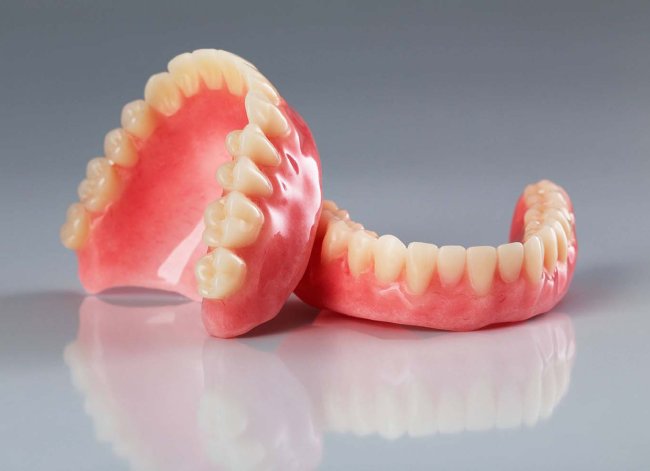
The removable option is an effective solution for restoring a complete dentition. They are suitable for completely edentulous patients, especially in old age. Made from nylon or acrylic and include:
- Flexible base for comfortable wearing
- Teeth made of durable plastic or porcelain that imitates natural ones
Their main advantage is accessibility and the ability to restore the aesthetics of a smile when implantation is impossible for medical or financial reasons. However, they require special care: they must be removed daily for cleaning and disinfection.
There are also disadvantages to such structures. They may not fit well, causing discomfort. Adaptation often takes a long time and may be accompanied by chafing and irritation. In addition, prolonged wear leads to bone tissue atrophy, since the load during chewing is transferred to the gums. The service life is usually 5-7 years, less often - up to 10 years, after which it needs to be replaced.
Partially removable dentures
Features
Partial removable dentures are suitable for people with partial loss of teeth. Unlike completely removable ones, they are attached to the remaining teeth using metal locks or plastic clasps. These elements provide reliable retention in the oral cavity. They differ in design, which allows you to choose the appropriate option.
Such options are a budget alternative to implantation, but can cause discomfort, change diction and taste, and require regular disinfection.
Care
Care includes several important steps:
- Rinse the structure after each meal or daily if a fixative cream is used
- Brushing your teeth with a soft brush using special gels without abrasives
- Regular disinfection using special tablets or an ultrasonic bath
- Storage in water or a special solution available in pharmacies
Careful care will help maintain quality and appearance, providing comfort and confidence in everyday life.
Application and features of fixed dentures
They require installation by a doctor and are fixed using a special cement mixture, which eliminates the possibility of self-removal. They are designed to restore dentition in case of various diseases and damage, such as the loss of one or more teeth, cracks, chips, damage from caries, or the need to correct the appearance of teeth.
Types of fixed dentures include:
- Implants
- Crowns
- Veneers
- Tabs
- Bridges
- Microprostheses
- Lumineers
Before installation, careful preparation is made: tartar is removed, caries and inflammation are treated, and foci of infection are eliminated. This ensures safety and reduces the risk of inflammation during installation.
The advantages are numerous: they look natural, withstand significant chewing loads, service life up to 20 years, minimal rehabilitation period, preserve bone tissue and do not require special care.
However, there are also disadvantages. There may be damage to the gums during installation, grinding of healthy teeth can cause sensitivity, and they are more expensive. Also, some metals used in prosthetics can cause allergic reactions.
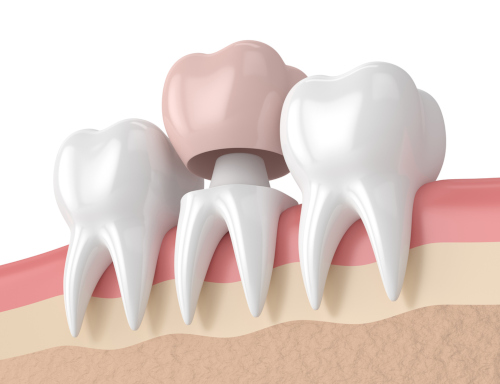
Acrylic dentures
Peculiarities
Acrylic is a popular choice in dentistry for restoring missing teeth. They are suitable for both complete and partial edentia. Acrylic prosthetics do not require anesthesia and take from 30 minutes to 4 visits. Complete treatment and healing takes from 1.5 to 3 weeks. In our clinic, such prostheses are available to patients over 18 years of age.
They can be temporary or permanent. Temporary ones are used during the production of permanent or engraftment implants.
Acrylic ones are suitable for those who are not allergic to them. Contraindications include asthma, food allergies, reactions to medications, problems with the endocrine system and anatomical features of the oral cavity. It is important to discuss these aspects with your doctor before choosing prosthetics.
Advantages and disadvantages
Benefits of acrylic teeth include:
- Affordable price
- Wear resistance, lasts up to 8-9 years
- Chemical resistance
- Lightweight, comfortable to wear
- Ease of manufacture and possibility of modifications
- Easy to install
- Inexpensive repairs
However, there are also disadvantages:
- Porosity of the material, creating a risk of infection
- Insufficient resistance to variable loads
- Low elasticity, which can cause discomfort in difficult cases
- Possibility of progressive bone tissue atrophy
Bridge prosthetics in dentistry
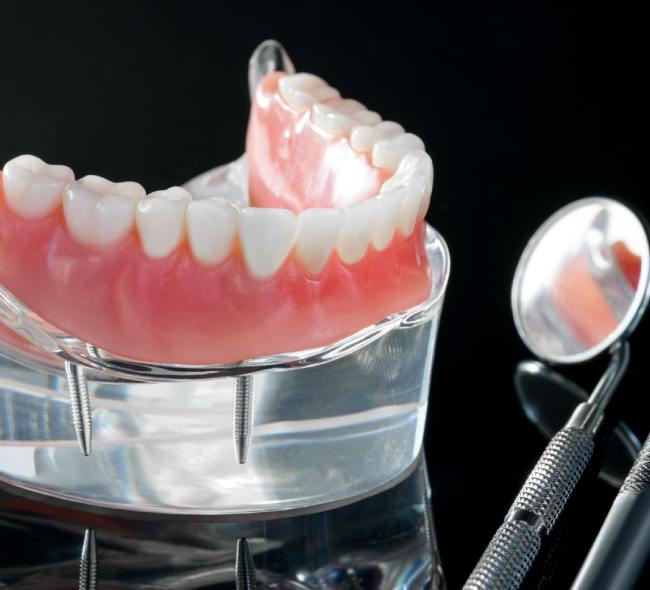
A bridge is a uniquely designed orthopedic product that is attached to adjacent teeth or to implants. This design is developed taking into account the bite, the condition of the supporting teeth and gums, as well as other anatomical details.
When choosing a material for false teeth, not only the health and financial capabilities of the patient are taken into account, but also the installation location. Depending on these factors, one of several materials can be selected.
For example, metals such as gold, silver or medical steel are often used for teeth involved in chewing, although their appearance may not be as attractive.
Ceramics are recommended for those who are allergic to metals and are ideal for front teeth due to their aesthetics, although they require careful handling.
Metal-ceramics, combining affordable cost, quality and reliability, are often chosen for distal teeth, with the ability to select the color of the ceramics to suit the individual characteristics of the patient. Zirconium dioxide, known for its wear resistance and hypoallergenicity, is used to create the frame of the prosthesis, which is then coated with ceramics. Plastic is used mainly for temporary crowns and is not intended for long-term wear.
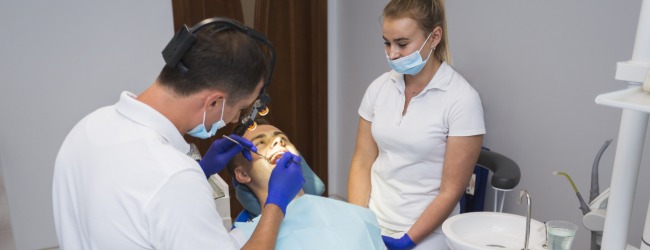
Indications for bridge prosthetics include tooth decay and loss of up to three dental units in a row. The procedure requires complete sanitation of the oral cavity and treatment of the gums. Restrictions include malocclusion, allergies, bruxism, inflammatory and degenerative diseases, poor hygiene and some chronic diseases.
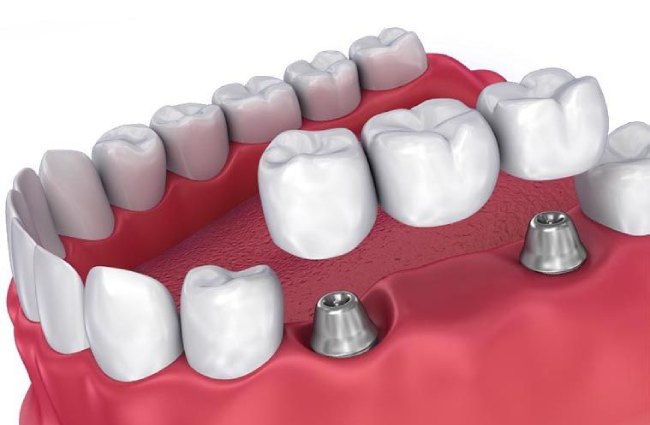
Advantages of bridge prosthetics:
- Quick adaptation to design
- Comfortable wearing, the prosthesis does not interfere with the perception of taste
- High treatment speed compared to implants
- Exclusion of surgical intervention
- Affordable price
Disadvantages include the need to grind down teeth for placement, lack of micro-movement that is natural for healthy teeth, more difficult oral care, and the risk of bone atrophy at the placement site. Also, the cost of treatment can be high, especially if implantation is required.
Features of overdentures
About dentures
The covering option belongs to the category of conditionally removable orthopedic devices. Its key feature is its tight fixation to the supporting teeth or implants and gums. Such dentures grip the structures of the oral cavity, evenly distributing chewing pressure and eliminating the risk of their involuntary loss.
Advantages
Advantages of overlay artificial jaws:
- Optimal distribution of chewing pressure
- High stability and reliability of fixation
- The ability to reproduce the natural functions of teeth
They are often fixed to dental implants, especially when there is significant loss of teeth or their complete absence. This is especially true for the lower jaw, where atrophic processes under the structure can accelerate the loss of bone tissue. The use of implants improves fixation and prevents atrophy.
Fixation methods and recommendations for selection
Fixation methods:
- Attachments: mini-locks providing an aesthetic and reliable connection to the supports
- Clamps: previously made of metal, but now preference is given to non-metal options due to the risk of allergies and damage to the enamel
- Telescopic crowns: used in exceptional cases due to high cost
- Implants: the optimal choice for completely edentulous patients, providing stability and durability
Coating options are recommended for:
- Multiple or complete edentulous
- Limitations for the use of traditional implants
- Allergies to metals
- The need for temporary fixation during the period of osseointegration
They improve chewing and communication function, and with proper installation and care can last for many years. However, it is important to consider that when using covering options on mini-implants, certain difficulties may arise due to their lower durability and the need for precise installation.
Key benefits include:
- Increasing strength and stability of the structure
- Preventing bone atrophy
- Improved functionality and wearing comfort
However, one should remember the need to carefully select the type of implants and the method of their fixation, taking into account the individual characteristics of the patient and the condition of his dental system.
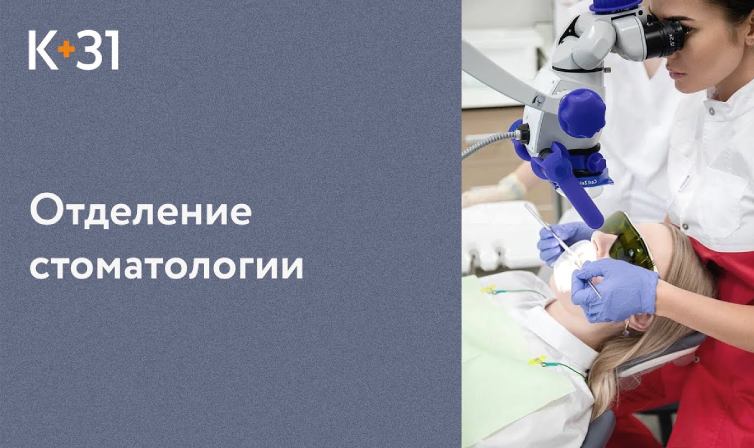
Modern methods of diagnostics and dental treatment at "K+31"
Removable dentures without palate
Removable dentures without a palate are used for complete loss of teeth. They are distinguished by ease and comfort of wearing, without limiting speech and smile. They are attached to supports, which can be either the patient’s own teeth or implants. The design includes artificial crowns and fixing elements such as clasps or attachments. Overhead systems usually have no palate or are equipped with a thin bridge. Outwardly, they resemble a regular fixed dental bridge and are made of biocompatible materials.
Indications for the installation of such dentures include extensive dental defects, decayed teeth or teeth to be removed, as well as the presence of at least 2-6 healthy teeth or roots. They are also recommended if you cannot tolerate traditional removable options or have special needs such as xerostomia.
Contraindications are divided into two categories:
- Relative: periodontal inflammation, caries, systemic infections, recovery after surgery, pathologies of the cardiovascular system, poor oral hygiene
- Absolute: bleeding disorders, oncology, endocrine disorders, allergies to materials, severe forms of periodontitis, periodontal disease, osteoporosis and mental disorders
The advantages of removable dentures without a palate are their aesthetics, compactness and lack of influence on taste and speech. They stay securely in the mouth and do not require removal at night. However, their cost is higher than that of classic models, and they require supporting teeth. In addition, such structures can overload the supporting units during chewing and require regular relining due to gum recession.
Care includes regular cleaning, rinsing after eating and disinfection with special products. Proper care prevents gum inflammation. It is also important to visit your dentist regularly for preventative cleaning and denture adjustments.
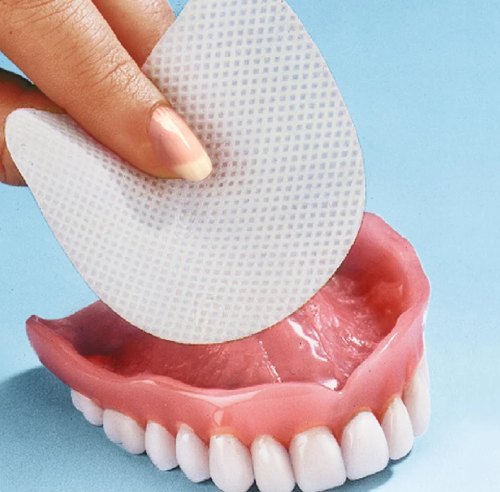
Our doctors

This award is given to clinics with the highest ratings according to user ratings, a large number of requests from this site, and in the absence of critical violations.

This award is given to clinics with the highest ratings according to user ratings. It means that the place is known, loved, and definitely worth visiting.

The ProDoctors portal collected 500 thousand reviews, compiled a rating of doctors based on them and awarded the best. We are proud that our doctors are among those awarded.
Make an appointment at a convenient time on the nearest date
Price
Other Services

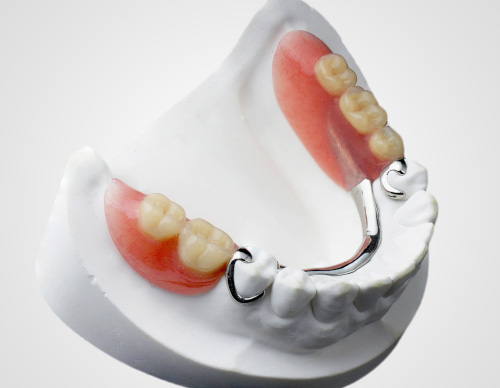

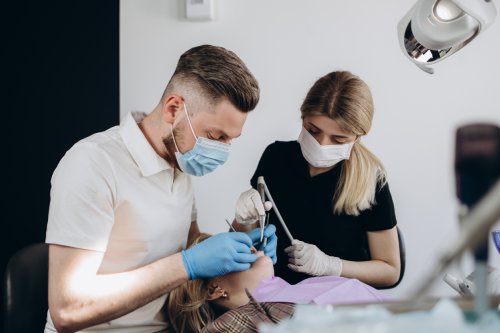
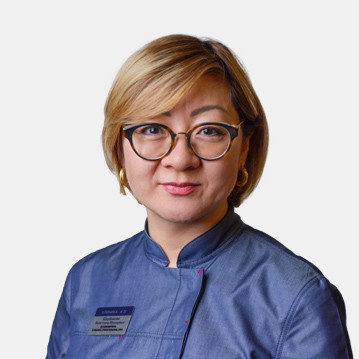
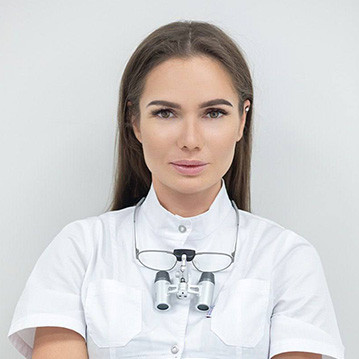
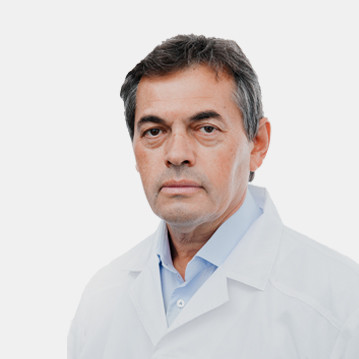
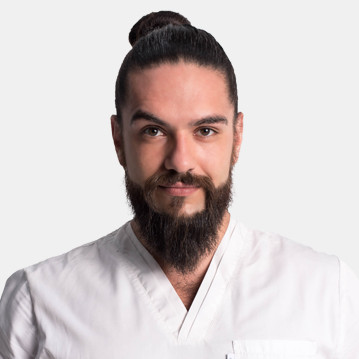
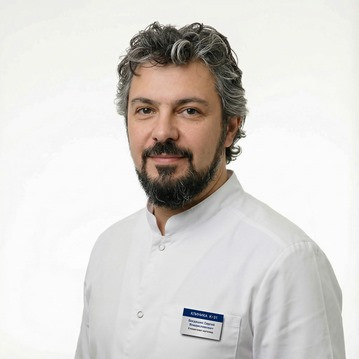
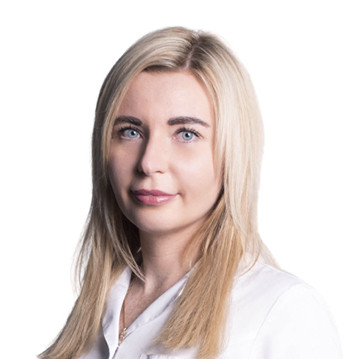
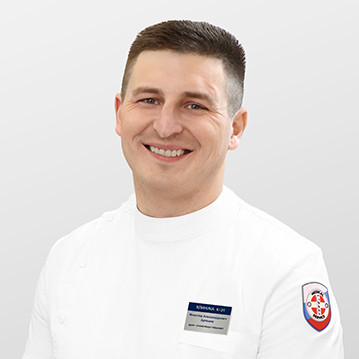
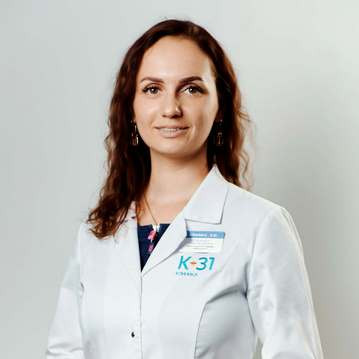
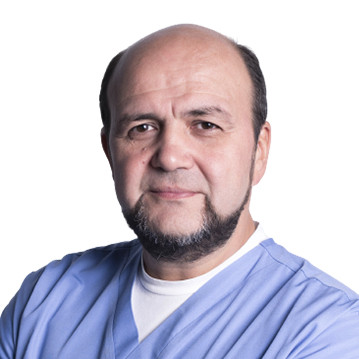
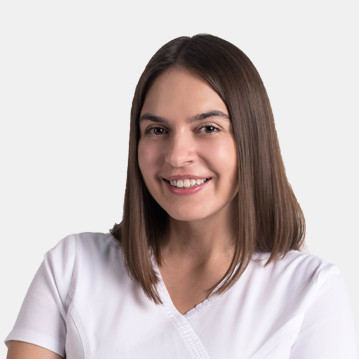
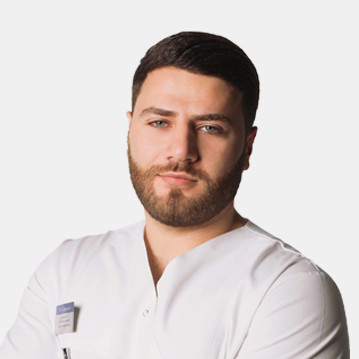


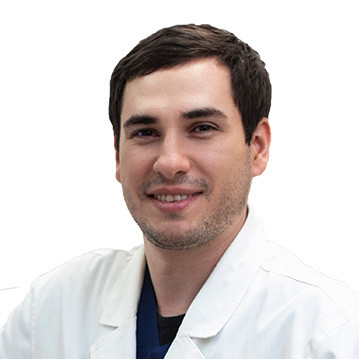
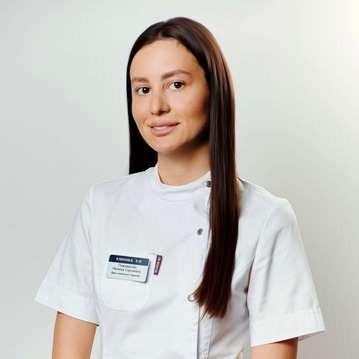
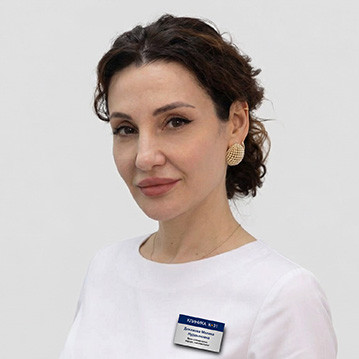
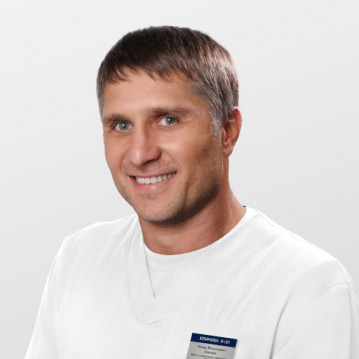
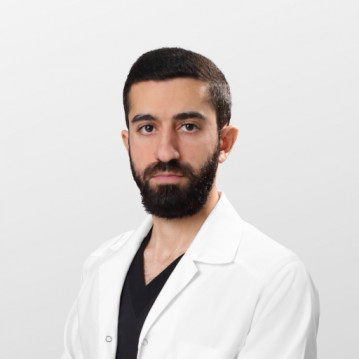
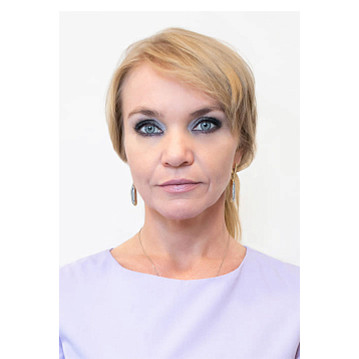

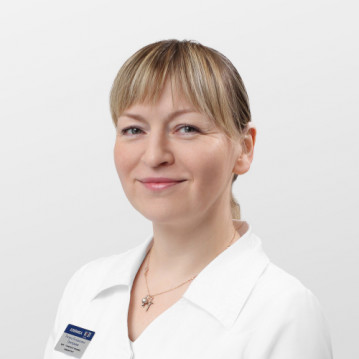
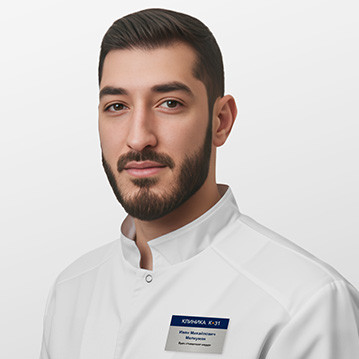
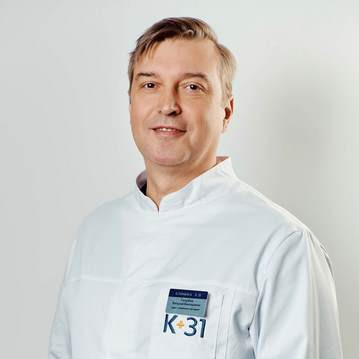

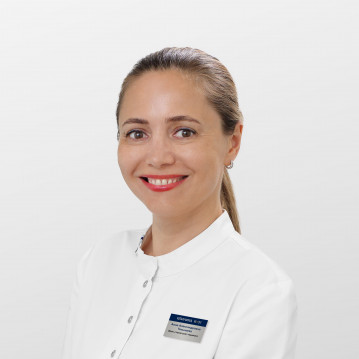
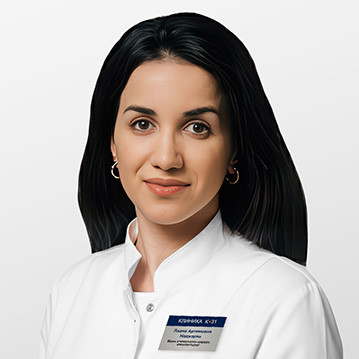
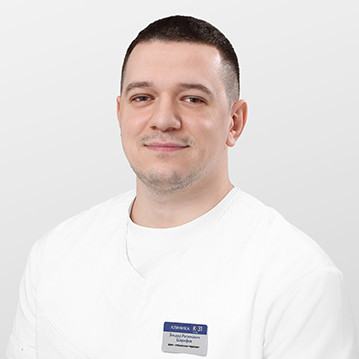
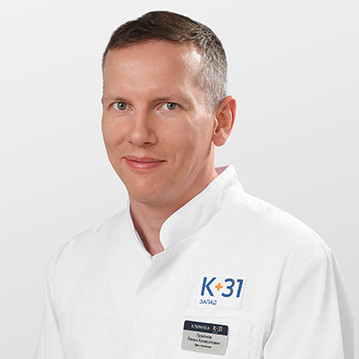
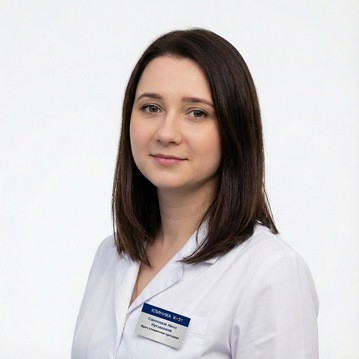
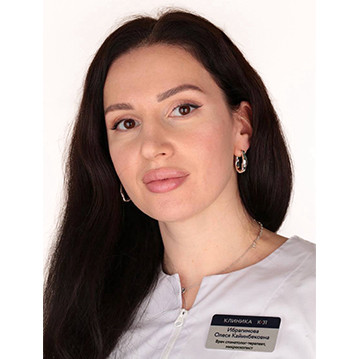


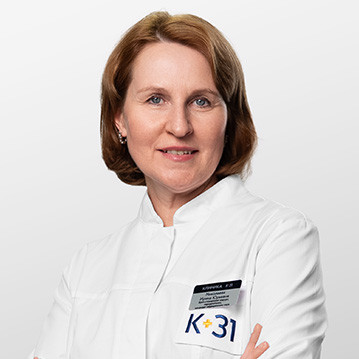
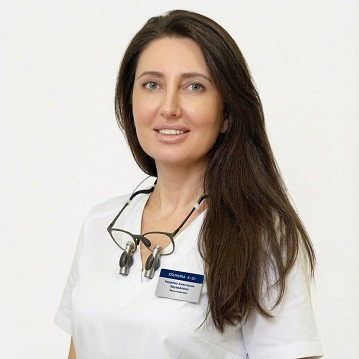
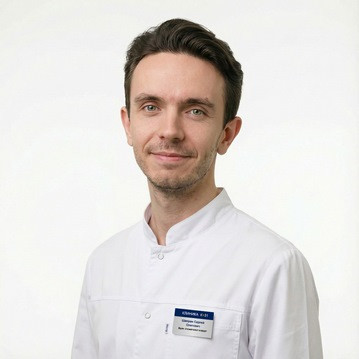

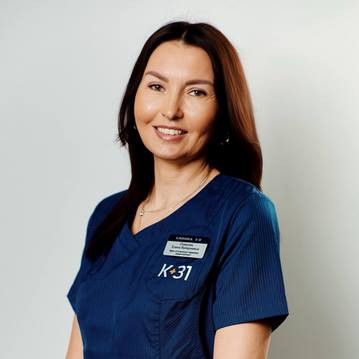



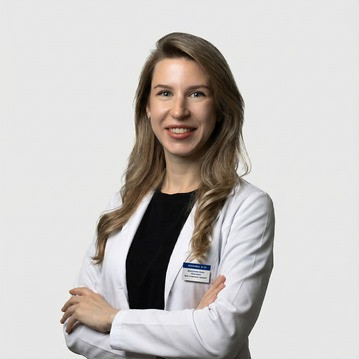
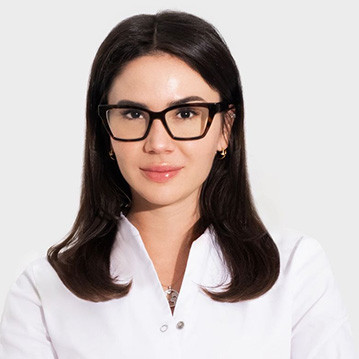









Dental prosthetic methods
Dental prosthetics are a key way to combat problems caused by missing teeth. This not only improves chewing and digestion, but also restores confidence in your smile. What types of dentures are there:
Each technique is selected individually, based on the condition of the oral cavity and the needs of the patient. It is important to consider that the right choice will ensure comfort and durability of use.